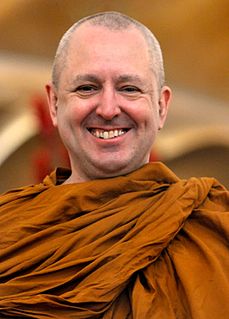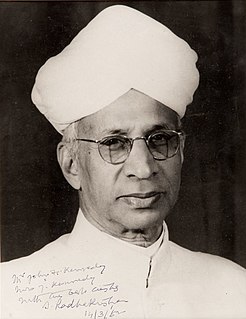A Quote by Laozi
Simplicity has no name is free of desires. Being free of desires it is tranquil. And the world will be at peace of it's own accord.
Related Quotes
That is Buddha`s meaning of nirvana: to be free from life and death, to be free from desire. The moment you are free from all desires... remember, I repeat, ALL desires. The so-called religious, spiritual desires are included in it, nothing is excluded. All desires have to be dropped because every desire brings frustration, misery, boredom. If you succeed it brings boredom; if you fail it brings despair. If you are after money there are only two possibilities: either you will fail or you will succeed. If you succeed you will be bored with money.
Our modern Western culture only recognises the first of these, freedom of desires. It then worships such a freedom by enshrining it at the forefront of national constituitions and bills of human rights. One can say that the underlying creed of most Western democracies is to protect their people's freedom to realise their desires, as far as this is possible. It is remarkable that in such countries people do not feel very free. The second kind of freedom, freedom from desires, is celebrated only in some religious communities. It celebrates contentment, peace that is free from desires.
The inward persuasion that we are free to do, or not to do a thing, is but a mere illusion. If we trace the true principle of our actions, we shall find, that they are always necessary consequences of our volitions and desires, which are never in our power. You think yourself free, because you do what you will; but are you free to will, or not to will; to desire, or not to desire? Are not your volitions and desires necessarily excited by objects or qualities totally independent of you?
In the West, there's a myth that freedom means free expression-that to follow all desires wherever they take one is true freedom. In fact, as one serves the mind, one sees that following desires, attractions, and repulsions is not at all freedom, but is a kind of bondage. A mind filled with desires and grasping inevitably entails great suffering. Freedom is not to be gained through the ability to perform certain external actions. True freedom is an inward state of being. Once it is attained, no situation in the world can bind one or limit one's freedom.
Prayer is the offering up of our desires to God in the name of Christ, for such things as are agreeable to his will. It is an offering of our desires. Desires are the soul and life of prayer; words are but the body; now as the body without the soul is dead, so are prayers unless they are animated with our desires.
If I want to free myself from endless cycles of struggling with temptation, I need to keep rediscovering that the pain of the struggle is greater than the pain of the desire. If I develop the habit of restraining myself, I'll enjoy the relief of feeling the desires pass, and I'll remember that desires are not the problem. Feeling pushed around by them is. I'll continue to have desires, of course, because I'm alive, but they'll be more modest in their demands.
Fallen man is free to choose what he desires, but because his desires are only wicked he lacks the moral ability to come to Christ. As long as he remains in the flesh, unregenerate, he will never choose Christ. He cannot choose Christ precisely because he cannot act against his own will. His fall is so great that only the effectual grace of God working in his heart can bring him to faith.









































